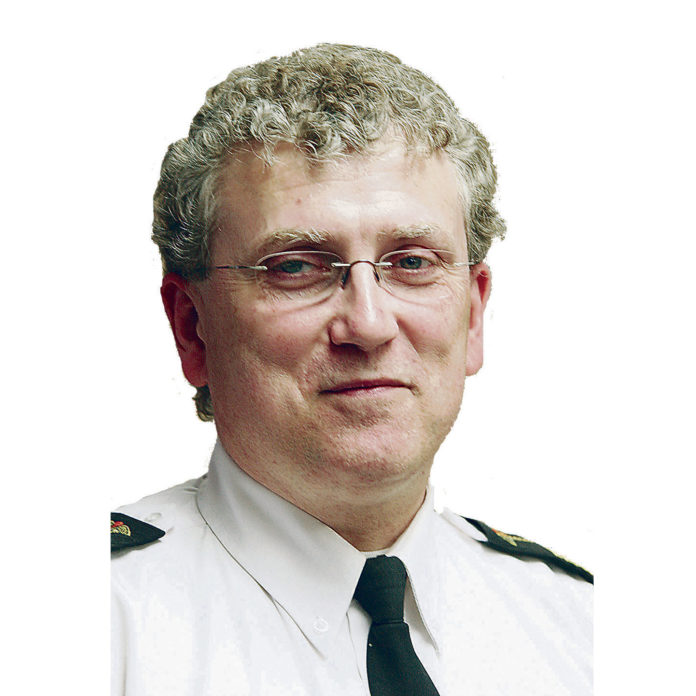Lyle Karasiuk
As a leader in first aid training, we often get asked when should I call paramedics for help. There are several distinct situations that you should call such as someone is not awake; someone is not breathing; someone is having chest pain or possibly a stroke; and finally, someone has serious injuries. Calling for help also depends on who is there to help; what training they may or may not have; how many people might need help; where the ill or injured person is located. If you believe you need help then call don’t agonize over the decision just make the call. If you do have what you think is a minor medical situation then start by calling 8-1-1. The Health information help line is a great place to start for things such as you have a rash, your have a cough, you have a tooth ache, you are distressed and need support.
Sometimes people will not call for help because they believe they can drive their loved one to the hospital faster than waiting for the paramedics to arrive. That may in fact be true but what happens if the loved sitting next to you, who is having chest pain, suddenly slumps over in the seat and appears not to be breathing. What do you do now? Stop at the side of the road and call? Drive faster than you already are driving? Waiting is never easy. Watching a loved one suffer in agonizing pain is never easy. That is why the paramedics come with the specialized tools and medications to start care right away.
But while you wait for the paramedics what can you do? As help is but a phone call away, our dedicated team of professionals in the communications center will start helping you care for the ill or injured person. Their instructions can provide the timely and sometimes life saving first steps. But simple things you can do will make the difference. Help our team help you by giving proper directions to the scene of the emergency. Apps like What3Words can help you tells us where you are to get help there more accurately.
Someone has cut themselves, we need to stop the bleeding. Find anything except paper towel or Kleenex and place it over the wound with firm pressure. Not just for a few seconds of pressure but firm pressure till help arrives. Don’t worry if the cloth or clothing item is clean, just put firm pressure on the wound. Severe life-threatening bleeding may require the use of a tourniquet. Improvising one with a belt might be needed only if the bleeding will not stop with direct pressure and is severe life threatening.
Someone is found unconscious on the floor. If they are breathing, rolling them onto their side will keep them breathing and open that airway if they vomit. Leaving them flat on their back is not a good situation to be in! If they person may have taken something to possibly harm themselves, getting help is even more important. Not breathing is life threatening, maybe they need Narcan or other medications.
What if someone collapses in front of you at hockey game? Can you wake them up? If not get help and find an AED. Are they breathing? If not get them flat on their back and start pushing on their chest to do CPR. Quick actions like starting CPR and using an AED can possibly save someone’s life.
Responding to a medical emergency takes courage on your part. You must say to yourself “yes I can help this person.” Without your help things may not get better. Be someone’s hero, start to care even if you’ve never had any training. But if you want to know more, take a first aid course. We are happy to help you learn what to do in an emergency. If you want more information or to have someone come and speak to your group call our office 306-953-8358. Our team of paramedics are happy to come and present to your group, in person or virtual. Knowing what to do takes a big brave bold step and that is you doing something to help someone else.


